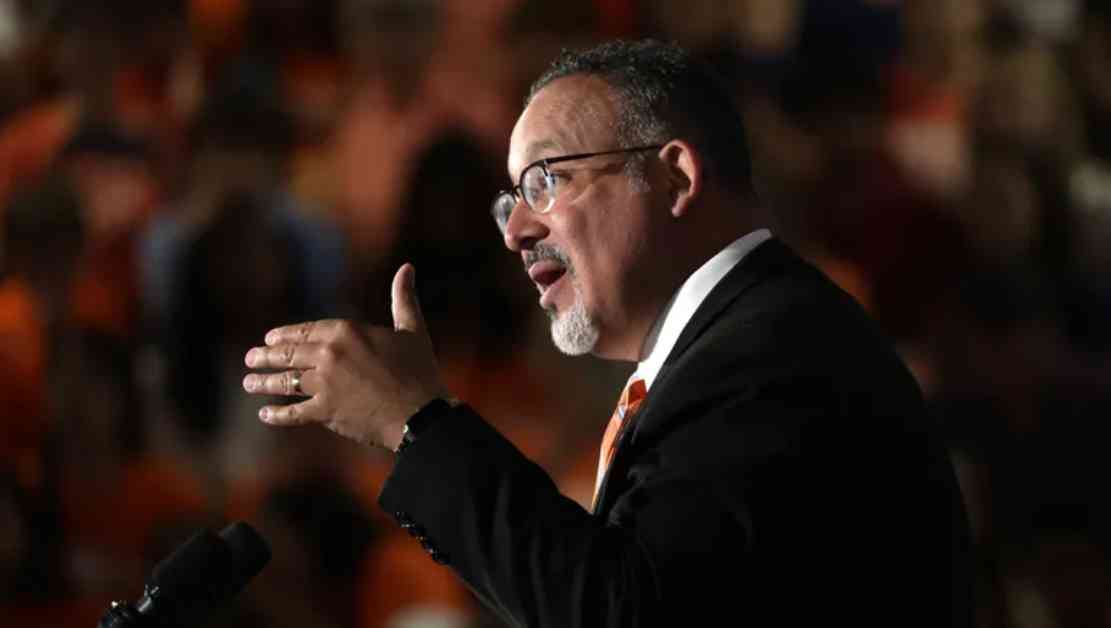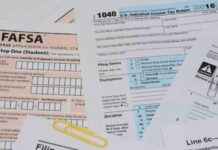The Education Department has announced that the Free Application for Federal Student Aid (FAFSA) for the 2025-26 academic year will be launched on December 1, two months later than usual. This delay is part of a phased approach to testing the new form with a limited number of students and institutions starting on October 1. The goal is to ensure complete functionality when the form is fully available.
The decision to delay the launch comes after a challenging financial aid cycle in the previous academic year. The Education Department had released a new FAFSA form for the 2024-25 academic year three months later than usual, which was marked by delays and technical issues.
To address these challenges, the Education Department has made significant changes to the operations and leadership of the Federal Student Aid office, which manages the FAFSA. Jeremy Singer, the FAFSA executive advisor for the 2025-26 form, has been brought on board to lead the efforts to improve the testing process and ensure that key features will be available on day one of the launch.
The testing period for the 2025-26 FAFSA will begin with hundreds of students on October 1 and will progress to tens of thousands of students in November. This phased approach will help identify and address any bugs or issues before the full launch on December 1. The Education Department will work closely with colleges, high schools, and other organizations to invite students to participate in the testing process.
While the delayed release date has received mixed reactions from higher education groups and lawmakers, it is seen as a necessary step to ensure that the FAFSA system functions properly. Organizations like the National Association of Student Financial Aid Administrators and the National College Attainment Network have expressed their support for the decision to delay the release date to allow for thorough testing.
However, some lawmakers, like Rep. Virginia Foxx, have criticized the delay, attributing it to the Education Department’s focus on student debt cancellation efforts. Despite differing opinions on the release date, there is a consensus among stakeholders that ensuring a working and timely FAFSA system is crucial for helping low-income students afford college.
In response to the challenges faced during the previous aid cycle, the Education Department is taking proactive steps to improve the FAFSA experience for students, families, and higher education institutions. By prioritizing thorough testing and functionality, the Education Department aims to create a smoother and more efficient financial aid application process for the 2025-26 academic year.







